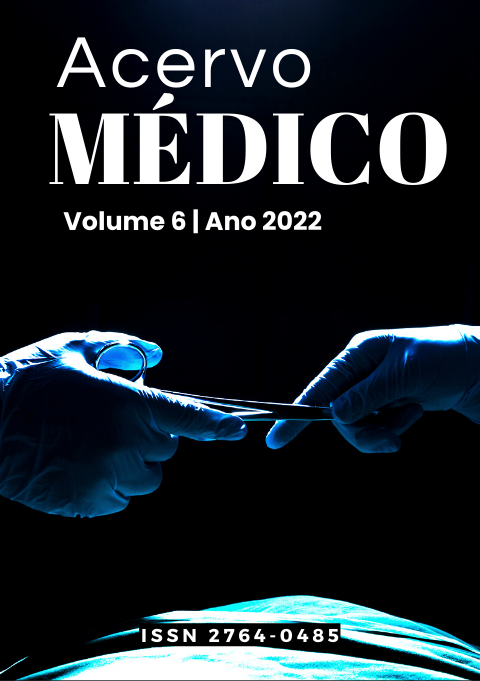A relação entre a microbiota intestinal e os transtornos depressivos: uma revisão de literatura
##plugins.themes.bootstrap3.article.main##
Resumo
Objetivo: Realizar uma revisão narrativa da relação entre a microbiota intestinal e a depressão. Revisão bibliográfica: A depressão é uma doença neuropsiquiátrica associada a variações de humor, distúrbios no sono e/ou apetite, baixa autoestima e responsável por cerca de 800.000 mortes anuais por suicídio. O eixo intestino-cérebro e sua interação bidirecional, tem atribuído à microbiota intestinal participação no desenvolvimento de doenças neurodegenerativas como Alzheimer e distúrbios do humor incluindo depressão e ansiedade. Modula vários processos centrais através do nervo vago, bem como a produção de metabólitos microbianos e mediadores imunológicos que desencadeiam mudanças na neurotransmissão, neuroinflamação e comportamento. O conhecimento da complexa interação entre o eixo intestino-cérebro envolvendo vias endócrinas, imunológicas e de neurotransmissores, abre novas possibilidades terapêuticas na abordagem de doenças cerebrais e neurodegenerativas. Considerações finais: Os psicobióticos e os alimentos funcionais despontam como possíveis adjuvantes no tratamento dos transtornos depressivos, com potencial para minimizar a morbimortalidade e os impactos socioeconômicos dessa patologia.
##plugins.themes.bootstrap3.article.details##
Copyright © | Todos os direitos reservados.
A revista detém os direitos autorais exclusivos de publicação deste artigo nos termos da lei 9610/98.
Reprodução parcial
É livre o uso de partes do texto, figuras e questionário do artigo, sendo obrigatória a citação dos autores e revista.
Reprodução total
É expressamente proibida, devendo ser autorizada pela revista.

